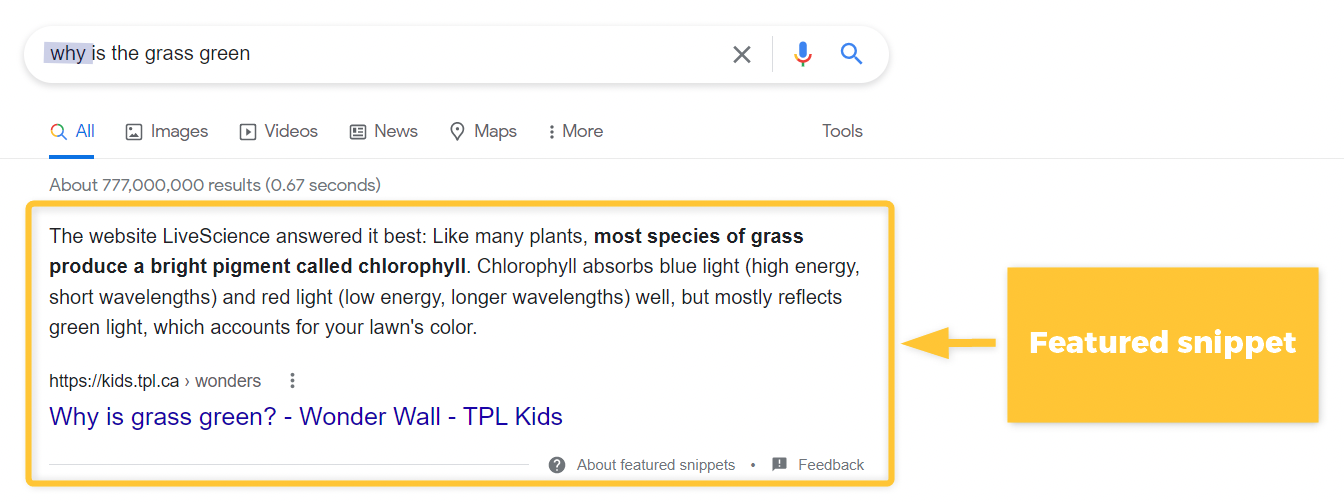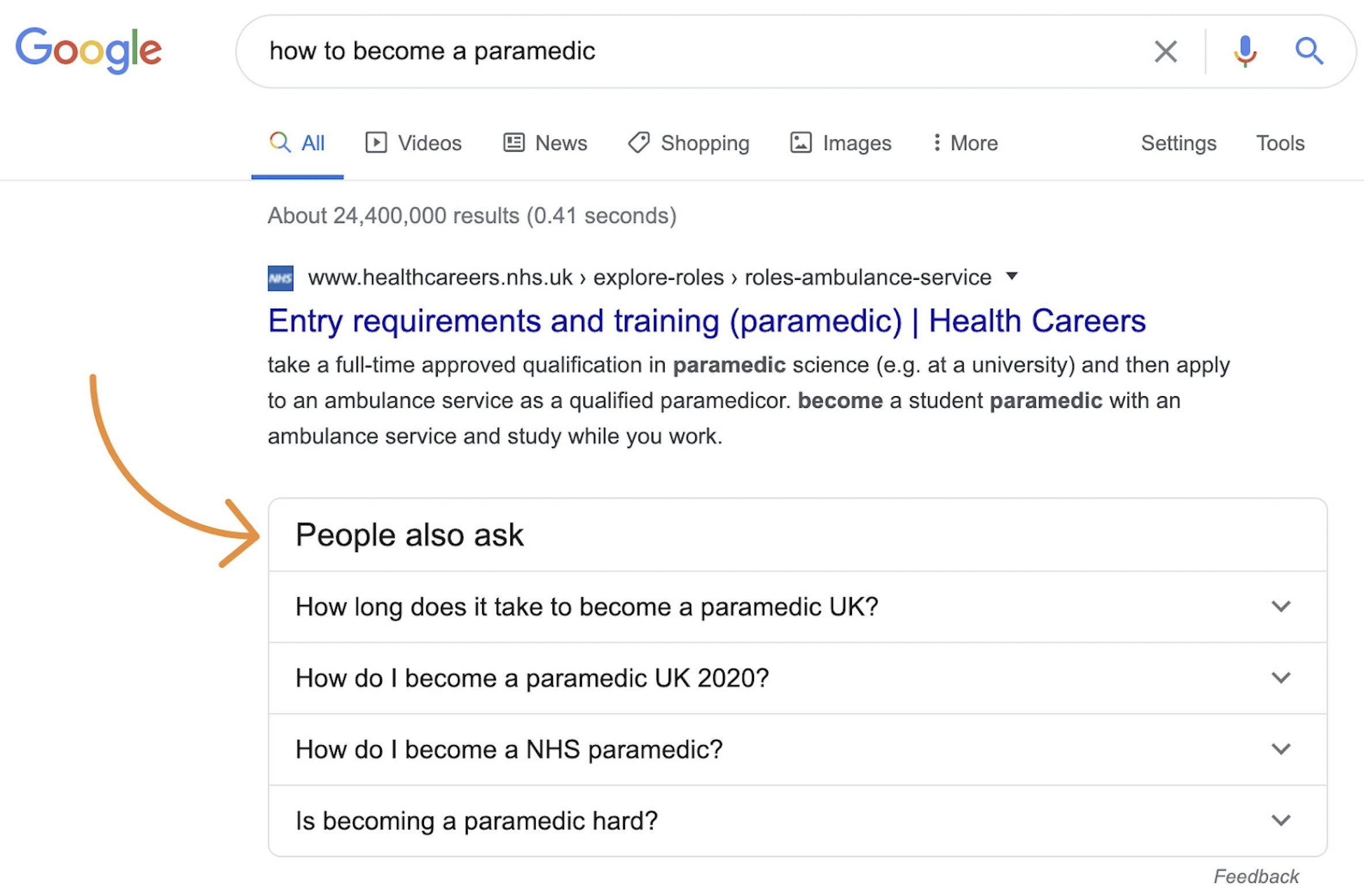Table of Contents
5 Useful Tips To Improve SEO Content Writing
Acquiring more organic traffic to a blog or website is a vital part of any good Digital Marketing strategy. The best way to do that is by getting better rankings on Google, and it will take more than applying basic SEO practices to get there. This is where quality SEO content writing comes in.
It’s a great way to get more organic traffic to your blog and make sure user experience is at the core of your content. It is a very useful skill to have when it comes to working on a variety of different projects and content.
Related Content:
- Content Marketing Agency
- Content Creation Services
- B2B SEO Services
- WordPress SEO Services
- Enterprise SEO Services
If you’re not familiar with what SEO writing is and want to have a better understanding of it, I’d like to expand on the topic and go over 5 helpful tips that could help improve your content writing skills.
What Is SEO Writing?
SEO writing is primarily used to make it easier for search engines to find particular content about a specific topic and decide how well that content matches searcher intent. If the content is of higher quality, search engines will give that content a favorable rank in the SERP (Search Engine Results Page) and make it easier for users to find.
Google is able to look through published content using “spiders”, which are internet bots that can crawl websites and store information for the search engine to then index. Spiders pay close attention to the language used on a web page. This is used to help Google figure out how your content will be ranked.
Following this line of thought we can now see how using SEO content writing to optimize a page’s language, makes it easier to crawl and therefore receive a more favorable placement in the SERP. If content is created without the use of SEO writing, it can potentially be labeled as not search engine friendly or the crawlers might not understand what the page content is about.
Why Does SEO Writing Matter?
The facts are simple. When a given piece of content is ranking well, it receives more organic traffic. SEO content writing can help focus on a specific topic and draw in more readers coming in with high intent for that content.
Users seeking out your niche have a better chance of being influenced by your content, therefore, calls to action are also going to be much more effective. Not to mention, quality SEO writing can be a great tool for boosting brand awareness and establishing authoritativeness and trustworthiness.
Writing with SEO in mind can ultimately help you with two of the most sought-after resources – earning organic traffic and successfully bringing relevant readers/customers to your website.
5 SEO Writing Tips to Improve Rankings
There is no guarantee that what you write will rank exceptionally well every time. Complex Google algorithms are working in the background and ultimately have an impact on what ranks and what doesn’t.
There are however SEO writing best practices for you to follow that can assist you in creating the best SEO content possible.
1. Studying Google
Google is likely to be at the top of your list when it comes to resources for SEO content writing.
Before performing a search using your selected keywords, open an incognito window in order to not skew your results. Here’s what you will want to pay close attention to:
The Featured Snippet: Featured snippets are typically short summaries that appear at the top of Google’s organic search results in what has been called “Position 0”. Many informational search queries will produce a featured snippet since they are meant to provide readers with quick answers to their questions.
People Also Ask: Directly below the featured snippet you’ll find this section. It is a Google-rich snippet feature that supplies users with additional information they may be looking for in the form of related questions. You can use these questions as inspiration or direct information you want to include in your SEO content writing.
The Top Results: Since Google has decided that these top few pages are worthy of page one it is a great idea to take some time to review these articles and their content for organization and quality of information. This will be very beneficial in better understanding the readers’ search intent.
2. Utilize Your Target Keywords Wisely
As an SEO analyst, it is very important to avoid “keyword stuffing”. It’s best described by the practice of overusing high-value keywords on a webpage’s metadata, its copy and internal linking anchor text in an attempt to obtain better rankings in search engines. This however leaves a page’s content reading and sounding incredibly awkward. Keyword stuffing can lead to low user experience (UX), penalties from search engines, loss of users and in some cases cause damage to certain brands.
The ideal way to combat this is to write naturally and include primary and secondary keywords sparingly and where is most appropriate. A clear and concise writing style will yield the highest rewards here. Some important places to include your target keywords will include a page’s headline title, its meta description, its headings or section titles, the page’s URL and featured image descriptions/captions. This is a fair and safe way to send Google strong signals about what our page topic is.
3. Incorporate Unique Metadata
The proper use of metadata on a web page is very important. Metadata is most commonly used to describe a page’s contents which in turn could influence users to either interact with a specific page or be dissuaded by it and move on to another more well-described result. This kind of data is most often seen in a page’s title tag as well its meta description. This data’s main objective is to include important information that cannot be automatically applied to most pages on a website.
Google tends to favor title tags including no more than 70 characters while the maximum threshold for meta descriptions should be no longer than 155 characters. With that being said, it is paramount that these descriptions be unique in terms of construction and information delivered so as to stand out to search engines and avoid duplication of descriptive information.
4. Link to High-Quality Sites
In your SEO writing, it’s always important to consider where we link to and if that source of information presents valuable high-quality content that users can trust. It’s best practice to ensure as many outbound links as possible are directing users towards reputable websites with a good domain rating and strong informational content.
Google interprets links between different domains as votes of confidence. If our content is strong and considered trustworthy other sites will also want to benefit by linking back to our domain. This further promotes the sense of trust and reputability that Google rewards with better rankings and in turn draws in more attention from users.
With that being said, avoid linking out to spammy or low-quality sites as this could serve as an indicator for our site quality and content being of poor quality. This will produce the opposite effect of gaining rank and increasing organic traffic.
5. Write Your Content for Humans
While you constantly strive to find the best way to deliver the information and make good use of your keywords and other clever SEO tips, don’t lose sight of the real goal – writing good and relevant content that is digestible to the readers and does not come across like it was written for robots.
Readability tends to be the measure of whether or not your SEO writing will come across as conversational and engaging or bland and full of unnecessary fluff. Knowing your audience will always be key to successfully writing for and delivering the information in a meaningful way. Writing for SEO with the audience in mind will more than likely result in more people getting significantly more use from your content.
I believe that utilizing some if not all of these suggestions is a great way for us to improve our SEO writing skills. As SEO analysts and copywriters, we’re responsible for providing our clients and their users with better resources. This leads to improved organic traffic and rankings in the long run. By leveling up our SEO content writing using these tips, we can do just that.
Thank you for reading!
Search News Straight To Your Inbox
*Required
Join thousands of marketers to get the best search news in under 5 minutes. Get resources, tips and more with The Splash newsletter:

